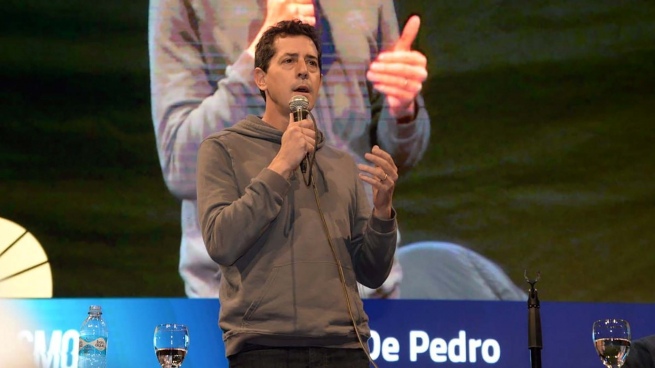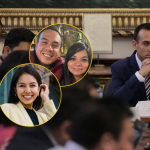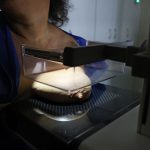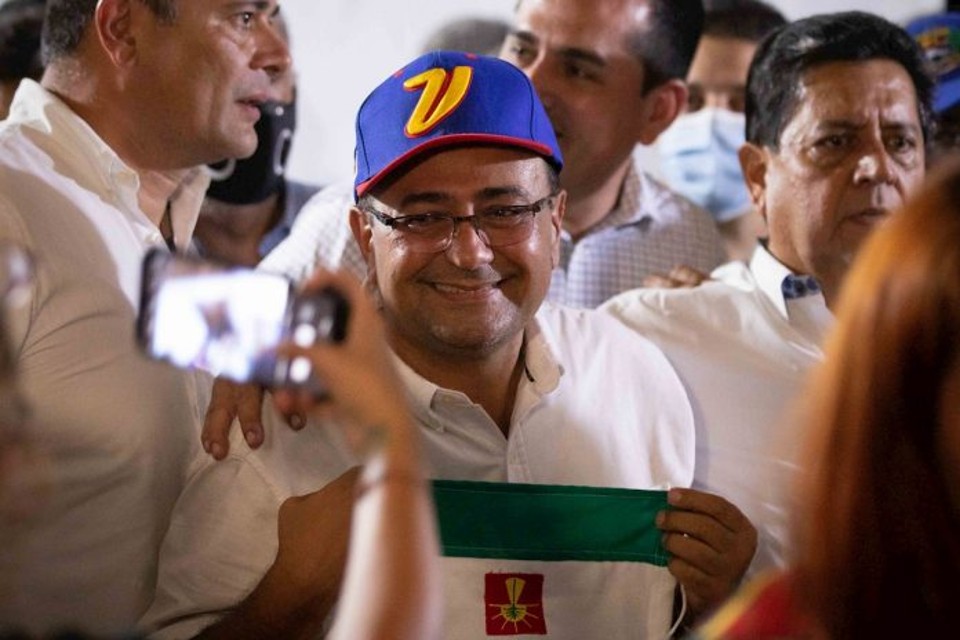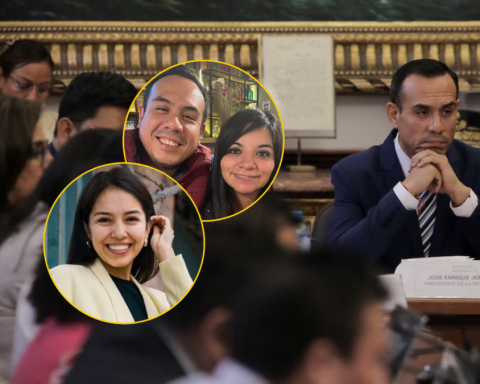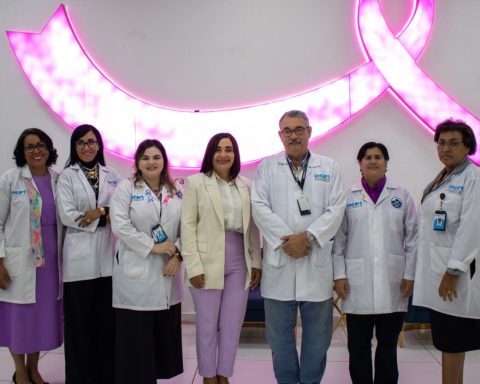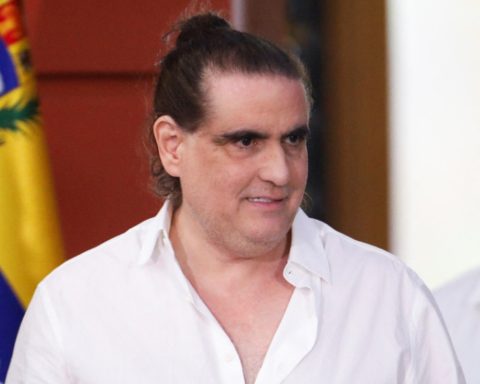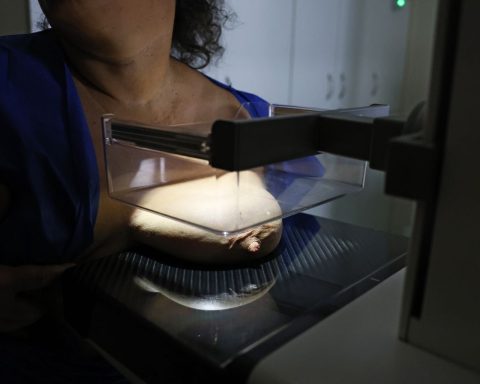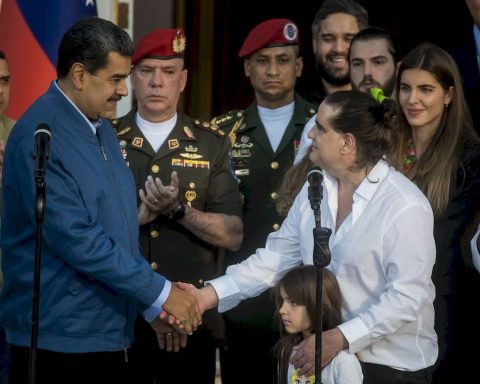The Minister of the Interior, Eduardo “Wado” De Pedro, affirmed that the national government is working on building a “Creole Marshall Plan” after the indebtedness contracted by the management of former President Mauricio Macri and the coronavirus pandemic, and theHe called to work for the “culture, education, health and quality of life” of Argentines.
De Pedro made these statements when participating, virtually, in the third “Assembly for Integral Development for a Humane and Federal Argentina”which took place in the Entre Ríos city of Gualeguaychú.
In his communication, the official warned that “when the train passes, it is always the same living people who have their project done.”
“We are building our Creole Marshall Plan, because if not, we are the last big ears on the train,” he said.
Marshall Plan It was an initiative of USA after the Second World War destined to rebuild the countries of Europe that were devastatedand for which they granted economic aid for nearly US$ 20,000 million.
De Pedro explained that the national government plans a “public works plan, logistics, energy and infrastructure” to reactivate the economy, although “today Argentina does not have the money because the government of Cambiemos left us melted and at zero”.
“But by the time the time comes,” he continued, “we have to have the plan done, but also with a humanitarian and comprehensive vision.”
For this, he called for working to improve and bring closer “the culture, education, health, and quality of life” of each Argentine, where “there is also the discussion about land and roof.”
Another of those attending the conference was the lawyer and referent of the Front Patria Grande and the Movement of Excluded Workers (MTE), Juan Grabois.
“We are going through a very serious crisis, with a very ugly wage outlook and instead of improving it gets worse, and workers continue to lose,” Grabois warned and predicted “very difficult months where a lot of fighting will be done.”
The social leader maintained that “like all the crises that have occurred in Argentina”, the current difficulties “are going to pass”, although the problem, he warned, is “to see what is done afterwards”.
proposed “to choose between simply managing a new period of peace or having a country project with a historical, human and federal plan”.
The national deputy Itaí Hagman (Frente de Todos) also participated in the act; the undersecretary of Municipal Relations of the Nation, Pablo Giles; and the mayor of Gualeguaychú, Martín Piaggio.
Also present were the provincial deputy of Buenos Aires, Lucía Klug, and representatives of cooperatives, students, and social organizations.
The third meeting of the Assemblies for Integral Development for a Humane and Federal Argentina had as its objective “to get to know the problems and proposals” of formal workers, of the popular economy and those who live in popular neighborhoods.
